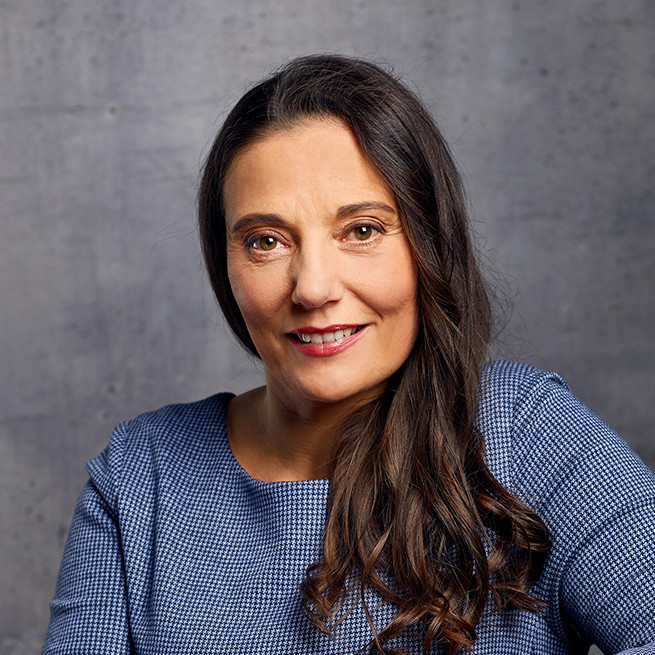
Under Article 29 of the H2020 Annotated Model Grant Agreement, all beneficiaries are obliged to disseminate project results, unless it goes against their legitimate interests.
Dissemination and communication are often the sections least liked by researchers during proposal writing. Certainly, it could be challenging to identify the most appropriate means for disseminating your project results (including scientific publications) and think of ways to provide open access and protect your data at the same time.
Luckily, the EC recognizes such challenges faced by many beneficiaries. Apart from extensive info sessions and guiding materials available online that are prepared by EC experts on dissemination and communication, there are a number of tools that could help you build the most efficient strategy. The European Commission can help raise your profile through several freely accessible communication channels.
I personally try to make extensive use of EC’s channels to boost the efficiency of dissemination activities taken on the overall project level and by each partner individually. Whether your project is organising a public event or press demonstration or has just delivered a set of exciting results: the European Commission may be able to help you spread the word.
Final tip: do not forget to inform your project officer about interesting topics, news and events concerning your project – he/she will be able to further promote these as well!
Communicating EU research and innovation through the European Commission’s channels
-
Success Stories on the Commission’s Research & Innovation website
Success Stories report on recent developments in research and innovation in Europe and beyond and are devoted purely to projects. Suitable stories to be published on the site are selected on a daily basis.
-
CORDIS
CORDIS (Community Research and Development Information Service) is the European Commission’s research results portal.
CORDIS News looks at recent developments in research and innovation in Europe and beyond with a focus on political matters, interviews, events, and projects as well as other news related to research and innovation in Europe. Suitable stories to be published on the site are selected on a daily basis.
The CORDIS News and Events service allows you to browse and find the latest news from EU-funded research projects and forthcoming events.
News and Events have two sources:
- CORDIS journalists collect and write articles on current research and innovation activities, including project interviews from the research*eu results magazine, trending science news, reporting on events, funding opportunities and suggestions from readers. These articles are available in six languages.
- CORDIS Wire allows the research community to publish their own news and events.
A regular online magazine from CORDIS highlights the most promising project outcomes in a range of domains, with a focus on a particular theme in every issue. It features highlights from the most exciting EU-funded research and development projects. It is published 10 times per year in English, and covers mainly the research areas of biology and medicine, energy and transport, environment and society, IT and telecommunications, and industrial technologies. You can contact your project officer about any interesting project outcomes. Furthermore, a journalist contracted by the European Commission may contact you.
CORDIS Wire functions as a small press agency, issuing news releases and event announcements submitted by FP projects. Requires one-time registration at https://cordis.europa.eu/wire
The service is free of charge; access to Wire requires a CORDIS account with the 'Wire contributor' checkbox enabled. If the checkbox was not enabled when the account was created, users can enable it by using the 'Update account' functionality.
CORDIS Wire provides registered users with a simple interface to publish articles on the CORDIS News and Events service. All articles are moderated by CORDIS editors before publication.
For help in using CORDIS services or questions about CORDIS content you can contact the CORDIS Help Desk by email:
Social media: EU Research Results @CORDIS_EU
Do you want to be featured on @CORDIS_EU Twitter #header?
Send a team photo #H2020 to

Horizon brings you the latest news and features about thought-provoking science and innovative research projects funded by the EU. The articles are written by independent science journalists and are designed to appeal to both scientists and non-scientists alike. Innovative research projects stories on the latest EU-funded research are mixed with interviews with leading scientists.
Horizon is published in English on behalf of the European Commission's Directorate-General for Research and Innovation and is available on both desktop and mobile devices. They’re also active on social media. For story suggestions or questions to the editor e-mail:
Co-publications or editorial partnerships
The European Commission works with private publishers and international organisations to promote the dissemination of relevant publications. Scientific publications and books, including conference proceedings, may be co-published in this way. Your project officer can give you further information on the possibilities.
Events on the Commission’s Research & Innovation website
This website displays research-related conferences and events.
To suggest an event to be listed in the events calendar a form has to be submitted here.
The event must be relevant to the Research and Innovation activities of the European Union. Although there is no guarantee that the event will be added, still it is worth to give it a try as the calendar managers would certainly consider it for listing.
- Conferences and events organised by the European Commission
Throughout the year, the European Commission (co-)organises a variety of conferences, both in Brussels and elsewhere. These may include exhibition areas or sessions at which you could present your work. Please contact your project officer if you have suitable exhibition items (prototypes, demonstrators).
- Audiovisual: Euronews Magazines
These are both short documentary-style television magazines in various European languages, appearing on the EuroNews channel throughout Europe. EuroNews has editorial independence, but the European Commission are in contact with them to suggest good stories. Since it is television, this is interesting for visually appealing projects and demonstration activities. You can contact your project officer if you would like your project to be put forward. There are three programmes that might be relevant for project communication:
- Sci-tech: Providing the latest science and hi-tech news across an in-depth look at scientific developments from Europe & the World, all as a Video on demand. https://www.euronews.com/programs/sci-tech
- Futuris: Disseminating the latest news about the leading scientific and technological research projects in Europe. https://www.euronews.com/programs/futuris
- Ocean: Explores the themes of pollution and marine life, the blue economy, sustainable fishing, aquaculture, climate change, ocean energy and more. It also looks at the policies and projects designed to protect our seas. https://www.euronews.com/programs/ocean
- Open access scientific publishing Openaire
The Open Access Infrastructure for Research in Europe is an electronic gateway for peer-reviewed articles and other important scientific publications (pre-prints or conference publications). You may submit your publications to
What can OpenAIRE do for you?
If you are a researcher, they can help you:
*find all the publications and data of your project
*disseminate your research outputs
*comply with EC and national funders’ Open Access policies for publications and data
If you are a project manager, they can help you:
*collect all of your projects’ outputs in one place
*comply with EC and national funders’ Open Access policies for publications and data
If you are a repository manager, they can help you:
*streamline the interoperability between your repository and the EC’s reporting tool for publications
*increase your visibility
If you are a funder they can help you:
*keep track of all research output funded by your funding stream
*keep track of the availability in Open Access research output stemming from your funding stream
*gain greater insight into your funding impact through tailor made statistics
Zenodo is an all-purpose open research repository. It was created by OpenAIRE and CERN to provide a place for researchers to deposit publications, datasets and other research artefacts such as code, posters, presentations... Zenodo does not impose any requirements on the format, size, access restrictions or licence and is not restricted to one funder, or one nation. It is free to use for all research outputs from across all fields.
It launched in 2013, allowing researchers in any subject area to upload files up to 50 GB.
Zenodo has integration with GitHub to make code hosted in GitHub citable.
[1] http://ec.europa.eu/research/participants/data/ref/h2020/grants_manual/amga/h2020-amga_en.pdf#page=242
[2] Check, for example, https://www.iprhelpdesk.eu




